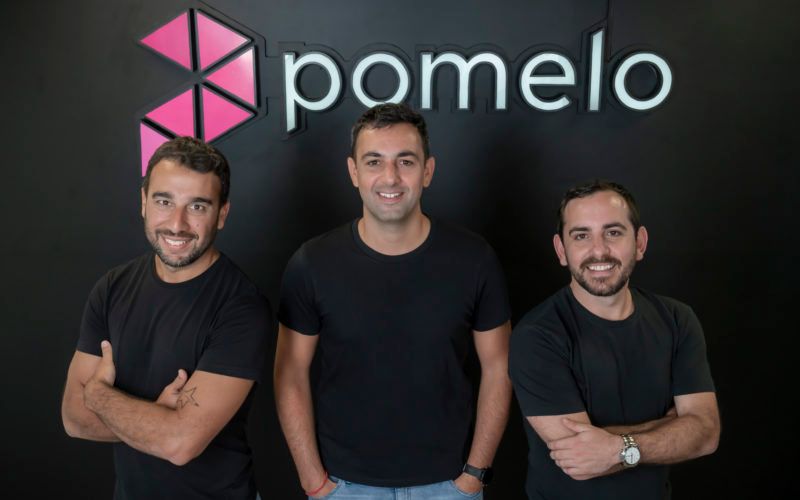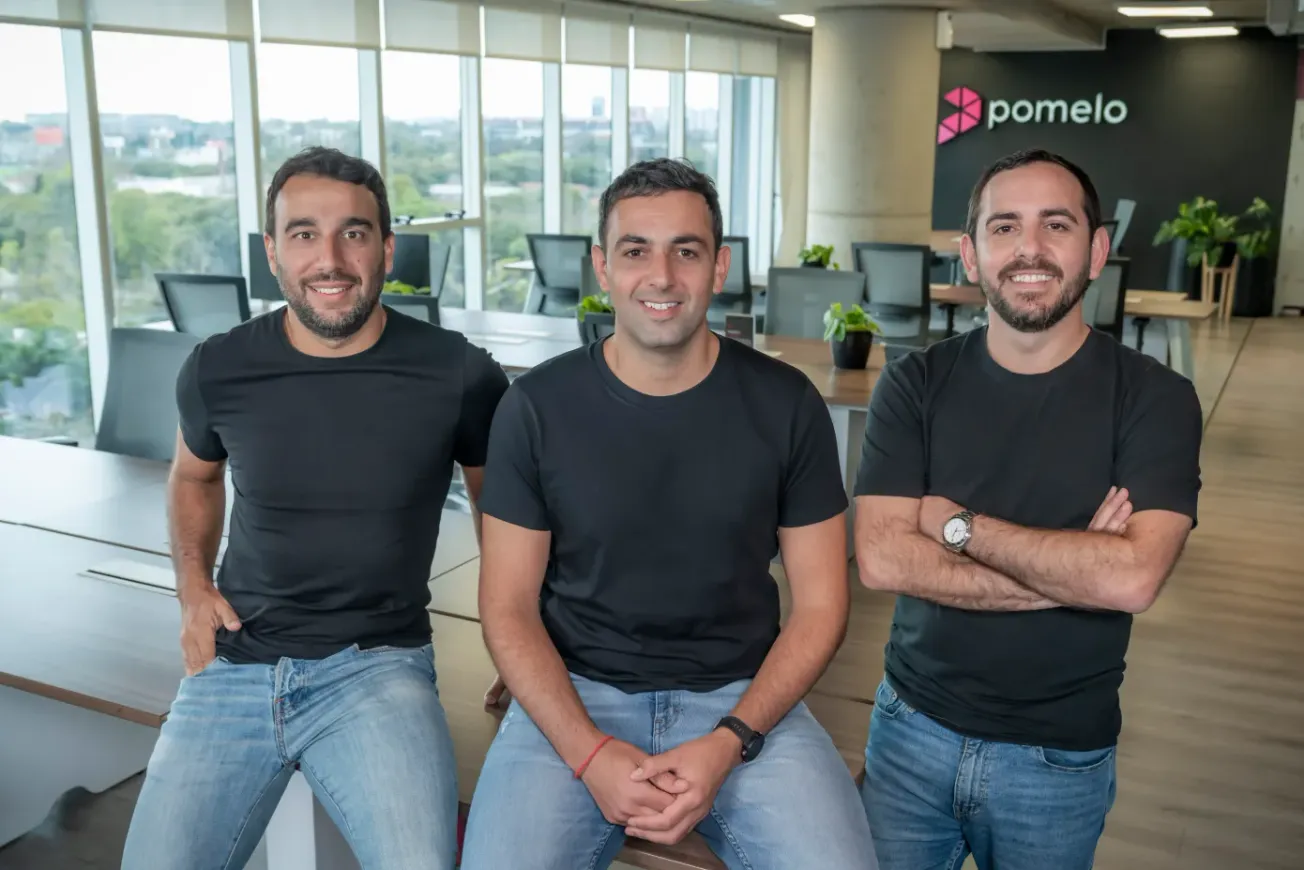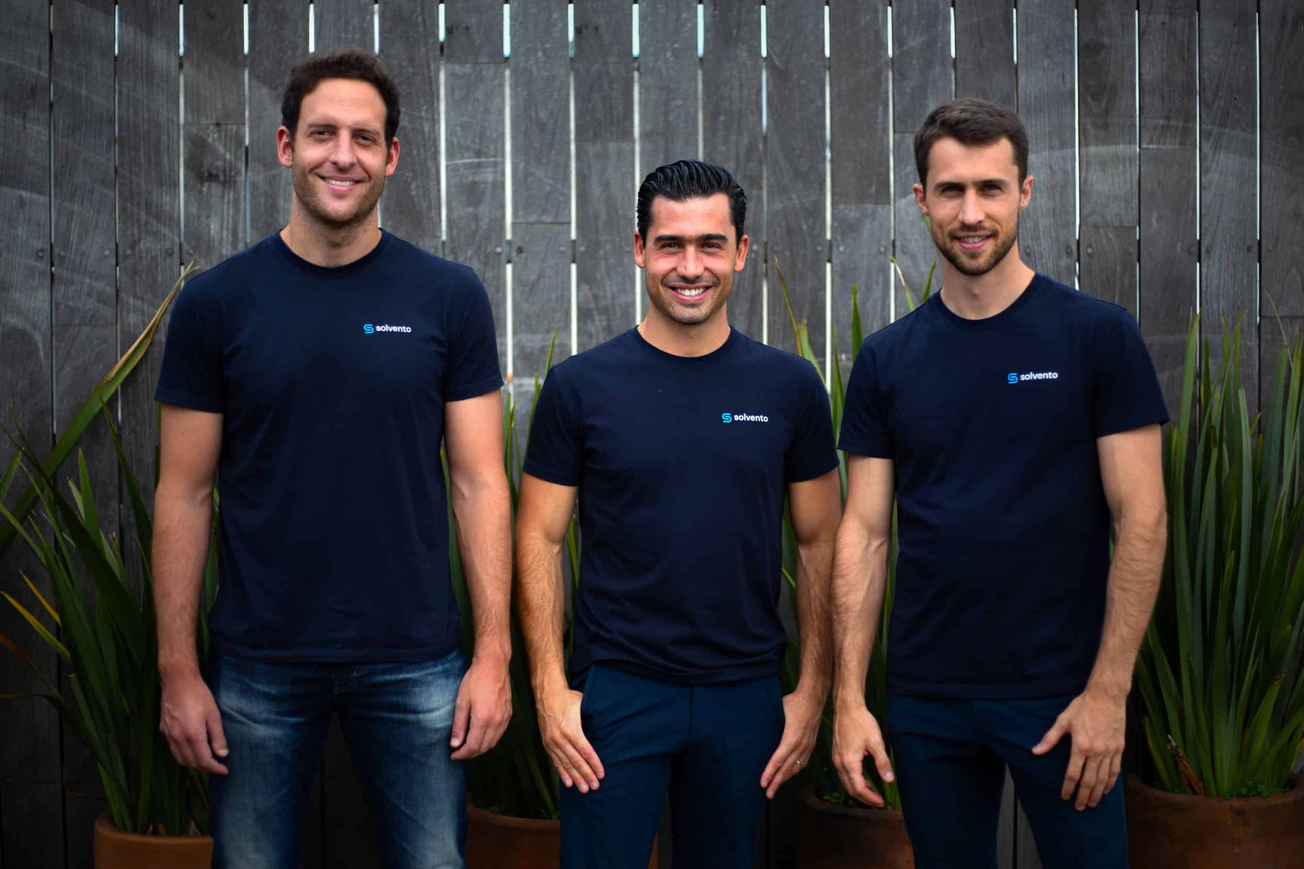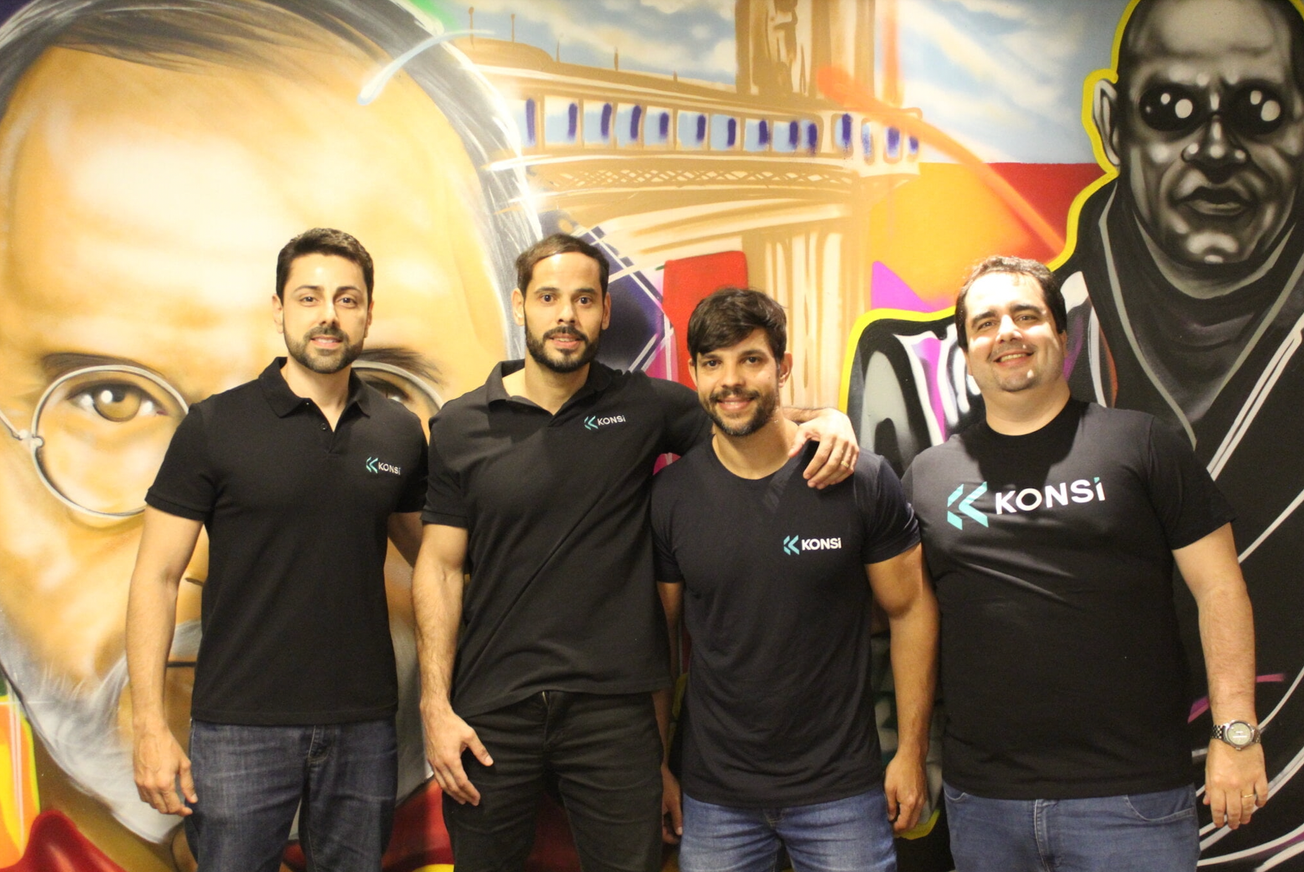📝 Overview
- 🖊️ Startup Name: Pomelo
- 📍 Headquarters: Buenos Aires, Argentina
- 📅 Year Founded: 2021
🧍 Team
Pomelo was founded by three experienced entrepreneurs:
- Gaston Irigoyen (CEO)
- Hernan Corral (CPO)
- Juan Fantoni (CCO)
The founding team has vast experience in financial services industry. Gaston Irigoyen, was previously CEO at Naranja X, and CMO & CRO at Restorando, a company acquired by The Fork. Hernan Corral was CPO at Naranja X, Argentina's largest neobank, and Head of Digital Accounts at MercadoPago; MercadoLibre's Fintech arm. Juan Fantoni, spent 6 years at Mastercard, with his latest role being Director fo Fintech & Digital Partners.
🔍 Problem
Payment infrastructure in Latin America is outdated and inefficient. This infrastructure is not equipped to handle the needs of modern fintech companies and other businesses that require a reliable, fast, and secure payments system. Many of the existing payment systems in the region are slow, expensive, and prone to errors, which can be a significant obstacle for businesses looking to grow and expand. In addition, the lack of a modern payments infrastructure can make it difficult for people in the region to access financial services and participate fully in the economy.
💡 Solution
To solve this, Pomelo has created a modern payments infrastructure that is designed to address the challenges faced by businesses and consumers in Latin America. The company offers a suite of payment solutions that includes a payment gateway, digital wallet, and card issuance platform. These solutions are built on top of a secure and scalable infrastructure that can handle large volumes of transactions in real-time.
Pomelo's payment gateway is designed to provide businesses with a simple and easy-to-use payment processing solution. It supports a wide range of payment methods, including credit and debit cards, bank transfers, and digital wallets. The gateway is also designed to be highly secure, with advanced fraud prevention and risk management features.







